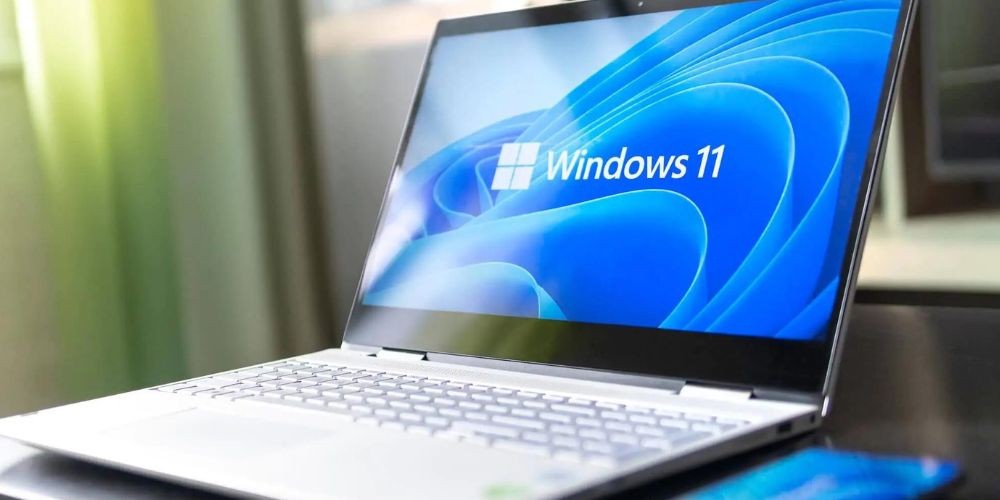The Creeping Commercialization of Windows 11: Microsoft's Plans for Start Menu Ads
Apr-17-2024

In a move that has raised eyebrows and sparked concerns among Windows users, Microsoft has revealed plans to introduce "recommended apps" from the Microsoft Store in the Start menu of the Windows 11 beta channel. This decision effectively paves the way for advertisements to infiltrate a previously ad-free area of the operating system, a development that has left many users feeling uneasy and questioning the company's motives.
The announcement, first spotted in a recent Windows Insider blog post, promises to "help users discover great apps from the Microsoft Store" under the guise of a new feature. However, this framing has been met with skepticism, as many view it as a thinly veiled attempt to push more advertising content onto users' screens. The Start menu, a central hub for accessing installed programs and files, has long been a sanctuary from the intrusive presence of ads, making this move a concerning precedent.
While Microsoft has assured users that they will have the option to opt out of these "recommended apps," the very notion of introducing advertisements into a core component of the operating system has struck a nerve. Critics argue that this decision represents a continuation of a concerning trend, where Microsoft has been gradually encroaching on user experience with unsolicited prompts and offers for various services and subscriptions.
The frustration extends beyond the Start menu ads themselves, as users point to longstanding issues and unfulfilled desires within the Windows ecosystem. Basic functionalities like HDR support still present challenges, while the Steam Deck effortlessly handles such tasks without the need for complex workarounds. Moreover, the relentless stream of promotional offers and opt-out sequences during routine tasks have left many feeling that their paid-for operating system is becoming increasingly commercialized.
As the beta channel users brace themselves to become the first line of defense against this encroachment, their feedback and pushback may prove instrumental in shaping Microsoft's final decision. The company has acknowledged the possibility of reversing course, stating that "we regularly try out new experiences and concepts that may never get released to Windows Insiders." However, for many users, this latest move represents a concerning step towards further commercialization of the Windows experience and a call to action to defend the sanctity of their operating system.








